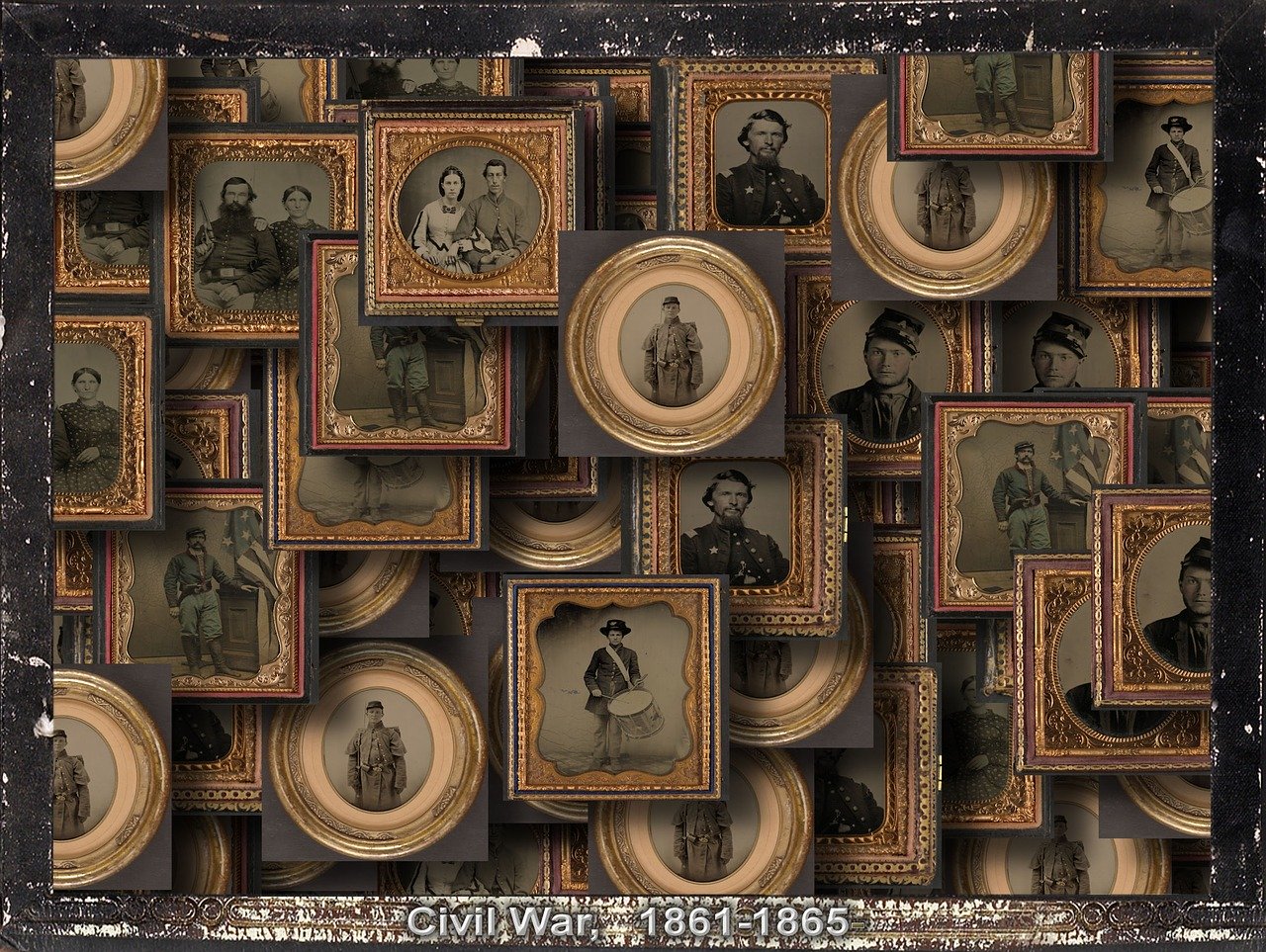BP4 (Introduction 4 of 6)
When you were a kid, did you ever imagine jumping so high you could touch the clouds? Did you ever daydream about sticking Flubber (see the 1997 Disney movie) on the bottom of your shoes and leaping over your house from the backyard into the front yard? Unfortunately, you kept running into a problem. Always the same problem: Gravity

For better or worse, gravity is so powerful that the world’s record in the high jump is only a little over eight feet. Eight measly feet! Certainly, gravity is our friend because it prevents us from floating off into the atmosphere and getting chewed up by the jet engine of an airplane. But it frustrates us to no end because it keeps us so earthbound. We resort to trampolines, roller coasters and bungee cords (or the aforementioned airplane) in our efforts to defy the limitations of gravity.
But in this world, there’s more than just the law of gravity that constrains things. There’s another law that limits (and totally derails) your emotional, psychological and relational abilities
The late Scott Peck in his book, The Road Less Traveled, states in the first line that life is difficult. (He might as well have said that we live in a world dominated by a type of psycho-spiritual-relational gravity.) But why? Is life difficult because we’re undisciplined or because we think that life should be easy as Peck says? Those things are often true. But there’s more to it than that. A lot more.
So, what makes life so difficult for creatures who have been created by a Designer? We’re capable of building skyscrapers that might soon be a mile high and sending the Voyager 1 space probe billions of miles deep into our vast galaxy (at around 14 billion miles from its launch site, it’s the most distant human-made object from earth), but we struggle to stay close to those we love.

What opposes our emotional and relational and spiritual health so fiercely that many close relationships crash and burn or drift apart leaving us besieged by anxiety, depression, guilt and loneliness? Why do people divorce and hate and kill and suicide? What forces oppose growth according to Designer Therapy for Life?
At least four oppositional factors are in play that rise up against psycho-spiritual-relational therapy: our position and our practice (both previously mentioned), the prince (of darkness) and even our pedigree.
First, there’s the matter of our position. Humans were created fearfully and wonderfully by the Designer but because of the Fall of our first parents in the ancient garden, humans are born broken in more ways than one. Our bodies get physically sick and die; and, we all come into the world mentally ill—somewhere on the spectrum of psychological unhealthiness.
We’re also born in a position of rebellion against divine and human authority. We possess an innate determination to defy anybody and anything that inhibits our desires.
Have you ever had a two-year-old or a teenager in your home? Then you probably know what I’m talking about. Or you might know just by honestly looking in the mirror. We’re born in a position of pride that despises boundaries or anything that attempts to fence us in.
I could list off a hundred songs here by as many different artists about their demand to do things their way. To heck with God, parents and civil authorities is the common theme; and the band doesn’t have to be a heavy metal group like Iron Maiden or Marilyn Manson.
At its core, human pride is about dismissing any authority one is accountable to and insisting on being the master and commander of one’s own life. Consequently, we all enter the world with a high aptitude for relational separation. Let’s just say our default position is a penchant for divorce and rebellion. I’m going to do things my way.
 Related to this position of inborn rebellion and pride, Tim Keller, a pastor in NYC, says that all humans enter the world with the positive presence of unbelief hard-wired within them. In other words, everyone is born in a natural position of unbelief relative to God, the Creator of all intimacy. Our unbelief must be overcome by belief if we are going to have a relationship with God.
Related to this position of inborn rebellion and pride, Tim Keller, a pastor in NYC, says that all humans enter the world with the positive presence of unbelief hard-wired within them. In other words, everyone is born in a natural position of unbelief relative to God, the Creator of all intimacy. Our unbelief must be overcome by belief if we are going to have a relationship with God.
If nothing changes in your heart, you will remain in a natural state of rebellion and at great distance from your Designer.
Okay, that’s a brief look at our position. What about practice?
Practice is how we live out our lives from our innate position. Since we are naturally broken, defiant, prideful and independent—nonetheless still amazing beings created in God’s image–our habits and life skills are impaired right out of the gate. Our coping is self-protective. Our defenses against correction and guilt are strong. Our relational abilities are highly undeveloped.
Our instinctual habit is to deny mistakes and blame others. We so easily point our fingers at other people groups or at political parties because . . . when we’re blaming or judging others, we don’t have to look inside our own hearts.
In this blog site, we will frequently examine how our personal psychological and spiritual practices stand as roadblocks against intimacy as well as how to remove those obstacles. Why? Because in this world, it’s not so much what happens to you that’s critical, but how you respond to the way life comes at you—whether that may be good, bad or ugly.
The third component that makes internal health and external relationships so difficult in this world is the prince. The enemy. Yes, Satan. The dark one who lives to oppose love and relationships. Let it suffice here to say that he is the infamous separator. He lives to create distance between you and God, you and your fellow humans, even you and your own self.
He is all about divide and conquer, isolate and destroy, wreaking havoc in every relationship.
As we will see in the next blog post, Jesus came to restore relationships while Satan exists to kill them. He is the spirit of divorce and separation. He rejoices in rage, revenge, rebellion, ridicule and racial prejudice. The prince of darkness is the opposer of all healthy, loving relationships.
Finally, pedigree can often make a healthy life feel impossible to achieve. Pedigree refers to the psycho-spiritual-relational traditions of your family of origin–the communication habits and coping skills practiced by our parents, grandparents and even our great, great-grandparents all the way back to the Civil War (and earlier).

Often, families pass on emotional and spiritual legacies that impact future generations for centuries. Some people call them strongholds. They are things like shame, suppression of all emotions, psychological murder of children who threaten the fragility of the parents, sexual abuse, addictions, self-sufficiency and even dark spiritual practices to name only a few.
Now that the four factors (not an exhaustive list) that oppose intimacy have been introduced very briefly, it will be important to discuss in the next post what Designer Therapy for Life brings to the table in terms of understanding position, practice, prince and pedigree and addressing them in a way that brings hope and joy to your life.
A creature revolting against a creator is revolting against the source of his own powers including even his power to revolt. It is like the scent of a flower trying to destroy the flower ~ C.S. Lewis
